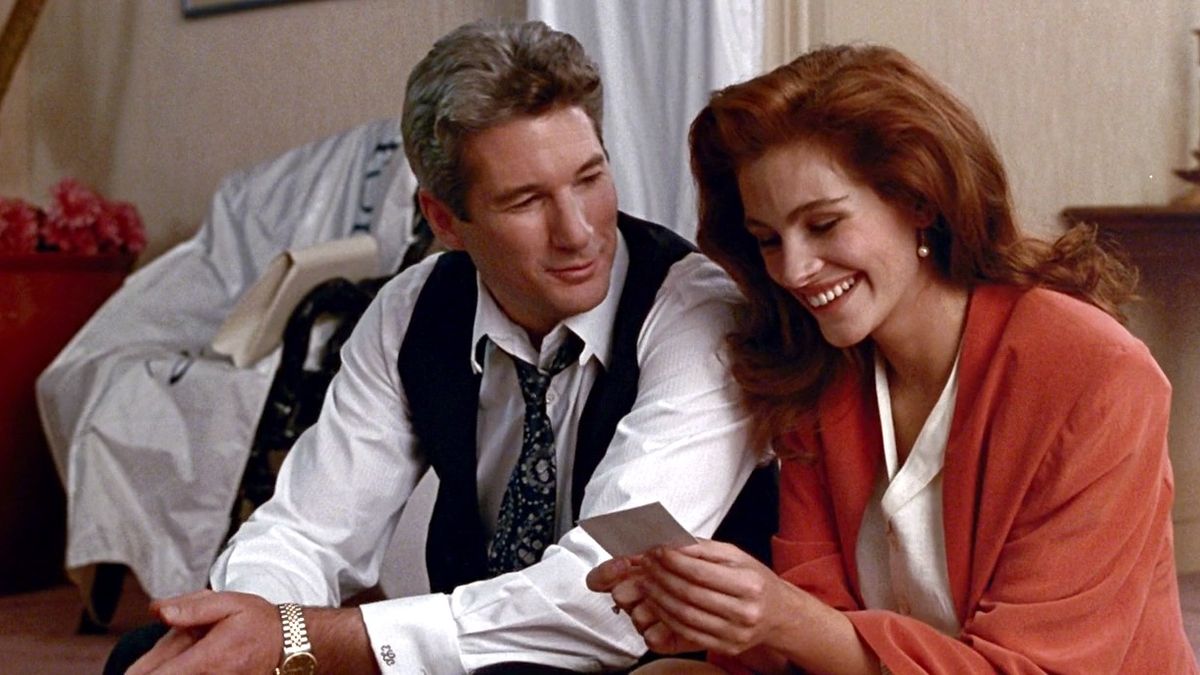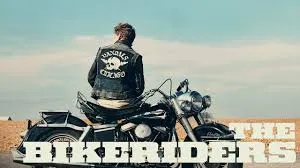“Pretty Woman” (1990): A Modern Cinderella Story That Redefined Romantic Comedy
Pretty Woman, released in 1990 and directed by Garry Marshall, is one of the most iconic romantic comedies in Hollywood history. Starring Julia Roberts and Richard Gere, the film blends fairy tale charm with contemporary realism to craft a love story that remains beloved decades later. Though built on a simple premise—an unlikely romance between a wealthy businessman and a Hollywood prostitute—it captures audiences with its charm, wit, and magnetic performances.
The story follows Edward Lewis (Richard Gere), a successful, emotionally distant corporate raider who accidentally finds himself on Hollywood Boulevard looking for directions. There he meets Vivian Ward (Julia Roberts), a vibrant and street-smart sex worker with a quick wit and a big heart. After a brief encounter, Edward hires Vivian to be his escort for the week while he navigates business in Los Angeles. What begins as a transactional relationship quickly evolves into something deeper, as the two discover unexpected emotional connections and challenge each other's perspectives.

Julia Roberts’ performance is the heart of the film. Her portrayal of Vivian is both lively and vulnerable, capturing the complexities of a woman who is trying to survive but still dares to dream. Her infectious smile, disarming humor, and underlying emotional depth turned her into a breakout star and earned her an Academy Award nomination for Best Actress. Richard Gere complements her perfectly, offering a subdued but sincere performance as Edward, a man slowly learning how to feel again.
The film thrives on contrast: between wealth and poverty, elegance and vulgarity, control and spontaneity. These opposites are used not just for humor but to reveal the humanity beneath the stereotypes. Vivian is not just a “hooker with a heart of gold”; she’s intelligent, capable, and compassionate. Edward, despite his power and wealth, is emotionally stunted and lonely. Their romance becomes a metaphor for transformation—not just for Vivian, but for Edward as well.

Beyond the performances, Pretty Woman is remembered for its iconic moments: Vivian’s shopping spree on Rodeo Drive after being snubbed by boutique staff, her laugh when Edward snaps the jewelry box closed on her hand, and her triumphant ending as Edward “rescues” her in a white limo with a bouquet of roses. These scenes have become part of pop culture history.
However, the film is not without criticism. Some have questioned the romanticization of sex work and the Cinderella-like fantasy that suggests love and wealth can magically resolve deeper societal issues. Yet, Pretty Woman never pretends to be a gritty drama—it’s a romantic fairy tale set in a modern world, and it embraces that identity unapologetically.

Ultimately, Pretty Woman endures because it captures something universal: the longing to be seen, valued, and loved for who we truly are. It’s a story about transformation, self-worth, and the redemptive power of love, all wrapped in a glossy, feel-good package. More than 30 years after its release, the film continues to charm new generations and remains a defining title in the romantic comedy genre.


